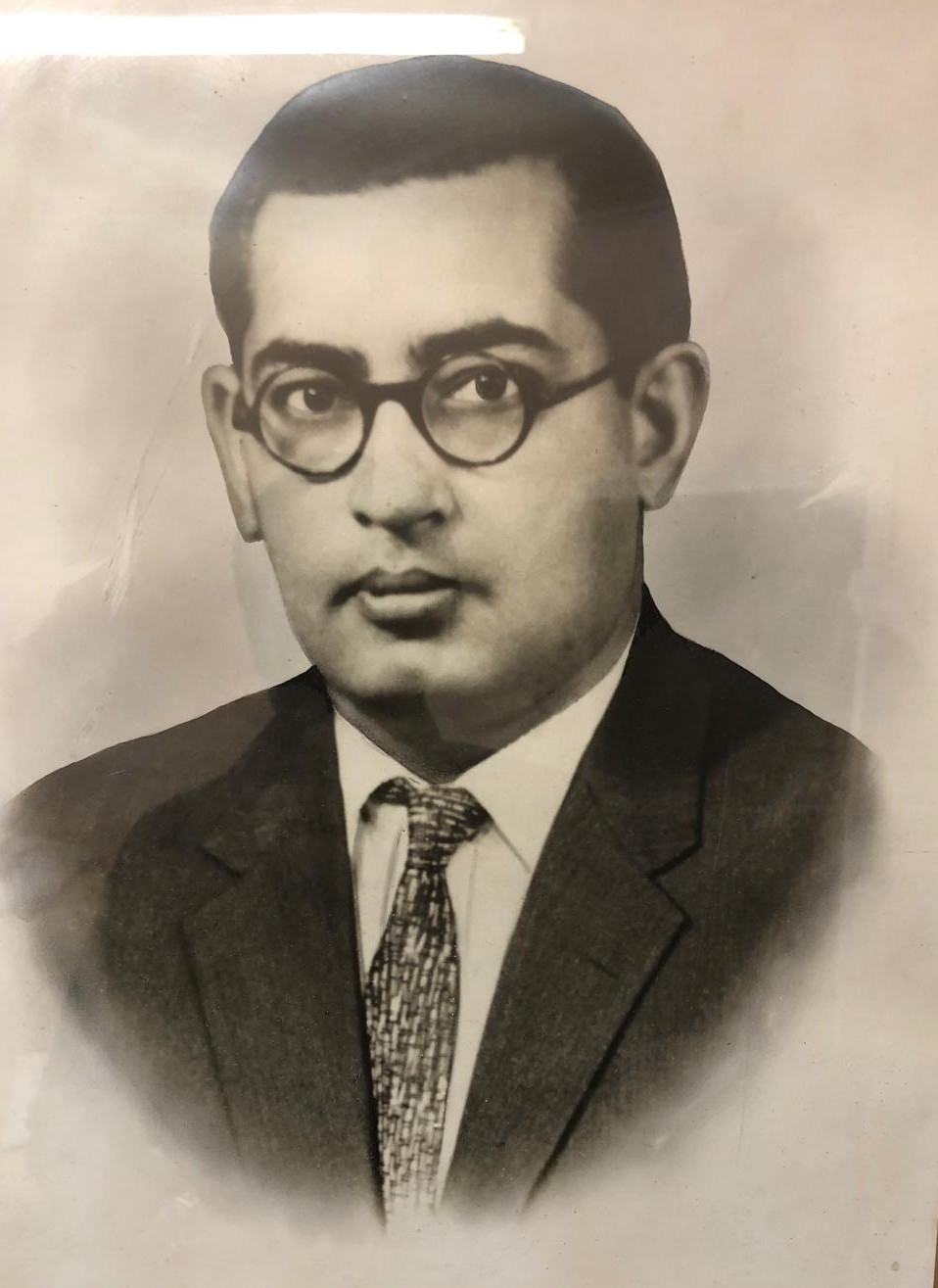the institutional custodian of educational & civic ethos
Transformation from merchants of enterprise to stewards of enlightenment — where trade gave way to teaching, and private endeavor evolved into public purpose
The spiritual oath: faith, allegiance & continuity
A sacred commitment to faith and upliftment of mankind.
*
